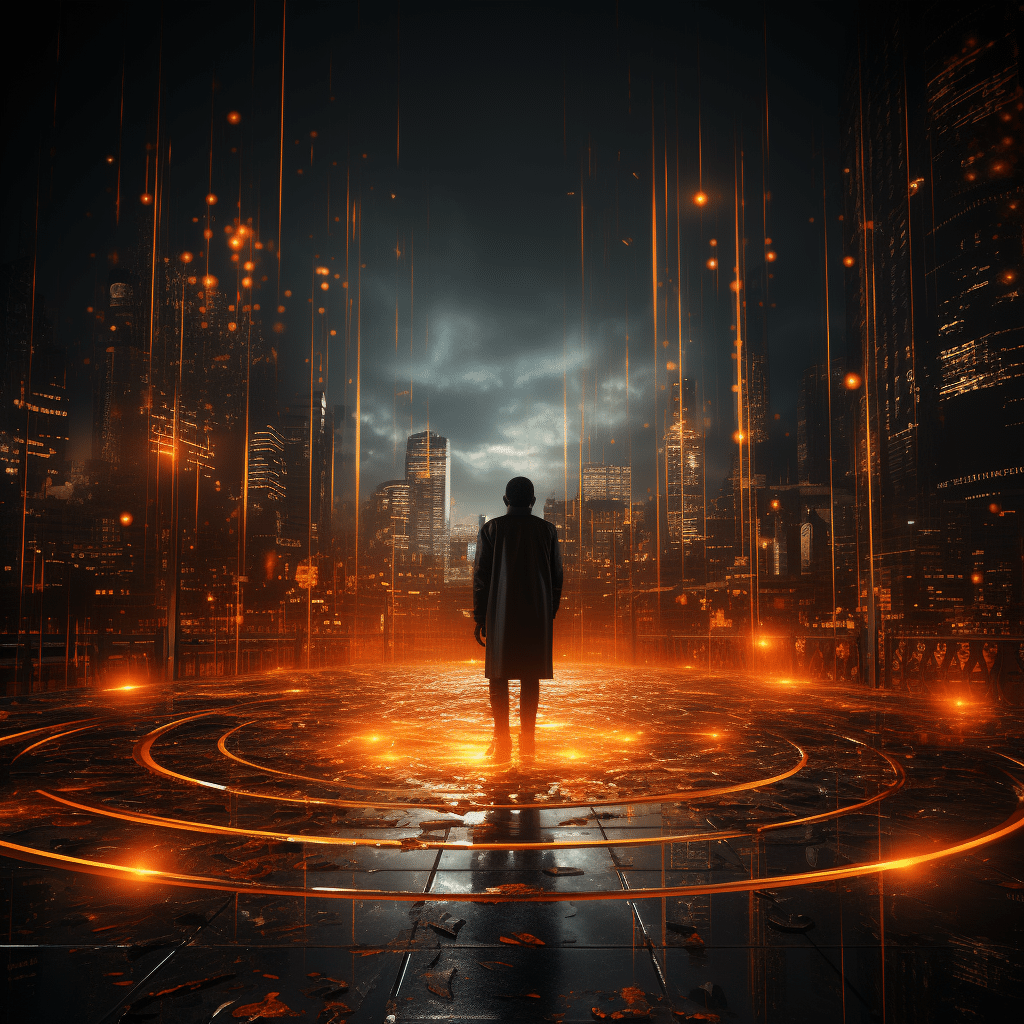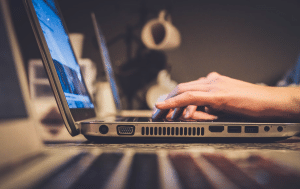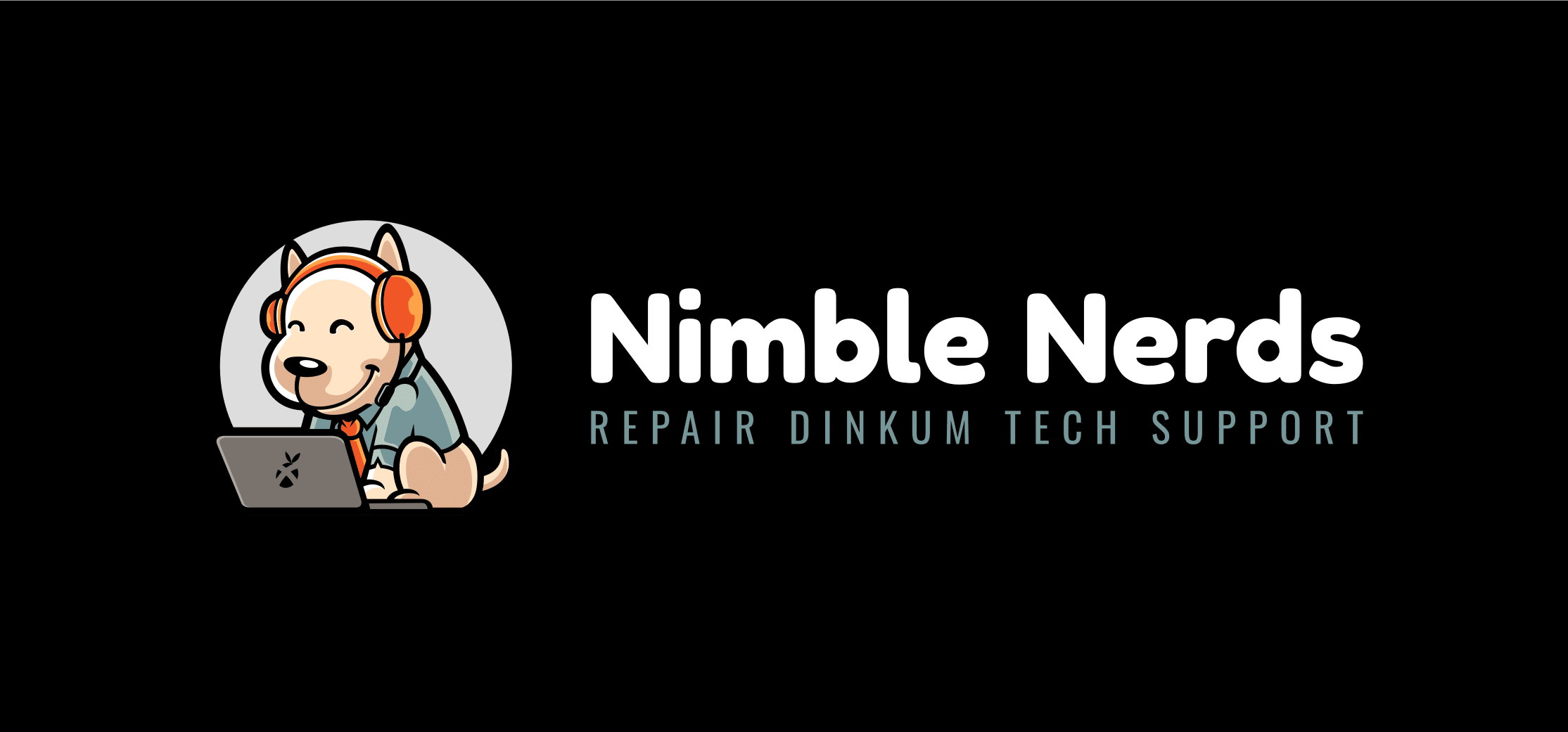Imagine your author releasing a book only to discover that it was actually written by artificial intelligence (AI). The emergence of AI-generated content has sparked concerns within the publishing industry. In this article, we will explore the challenges posed by this technology and its influence on the world of writing.

Artificial Intelligence as an Author: An Impersonator with Creativity
AI-generated content refers to text or other forms of media produced using algorithms that imitate the writing styles of authors. The issue gained attention when author Jane Friedman observed book titles under her name on Amazon. These books seemed to be written by AI, which successfully replicated Friedman’s writing style based on her works and extensive online presence. The proliferation of AI tools has raised apprehensions among writers and authors who fear being replaced by AI-generated content.

Preserving Authenticity and Intellectual Property in the Face of AI’s Ability to Mimic Writing Styles
Concerns about AI-generated content replacing authors are not unfounded. The rise of AI tools, like ChatGPT, has sparked discussions around the authenticity of writing and the rights of authors. The Authors Guild, a group advocating for authors, is concerned about the impact of AI on writers and their work. They are calling for legislation to protect writers from AI-generated content and ensure transparency in AI model training.

AI in the Publishing Industry: Benefits, Drawbacks, and Regulatory Measures
The growing prevalence of AI-generated content in the publishing industry has triggered reactions and debates. More than 10,000 authors, including known figures such as James Patterson, Roxane Gay, and Margaret Atwood, have endorsed an open letter urging companies like Microsoft and OpenAI to obtain consent from authors before using their work to train AI models. They also emphasize the importance of compensation. Platforms like Amazon and Goodreads should take steps to verify authorship and prevent books falsely attributed to writers.
The emergence of AI-generated content has undeniably disrupted the publishing industry, presenting challenges for authors and content creators alike. AI technology has its advantages in areas. It is important to have guidelines and regulations in place to safeguard writers from any potential negative impacts.
We would love to hear your thoughts on AI-generated content! If you have any opinions or concerns, please feel free to share them with us in the comments section. For tech support in Sydney, you can contact us at info@nimblenerds.com.au or call 02 8091 0815.



